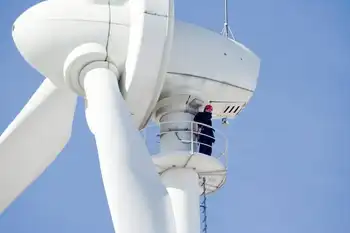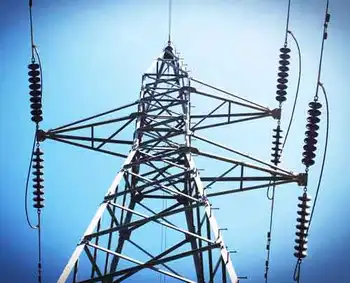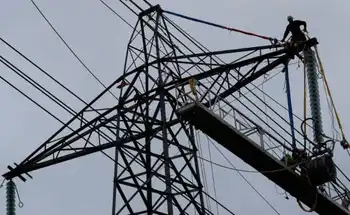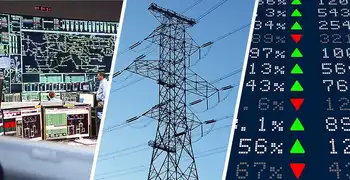EV car plant to be built in Hawaii
The plant would make small two-seaters that reach speeds up to 40 mph and be deployed onto Hawaii's city and neighborhood roads.
Their batteries will last for 30 or 60 miles, depending on the model, and then be recharged at electric stations that are planned to begin popping up by the end of this year.
"The islands portray themselves to be perfect for our types of vehicles," said Joe White, chief operating officer for CT&T. "The speed limit here, 25 to 35, fits perfectly into our type of vehicle."
The assembly facility is expected to be built within two years, he said. The company is looking at four Oahu locations to build the plant, which will cost between $35 million and $50 million for the building alone. In all, the company expects capital investments reaching $200 million.
Hawaii Gov. Linda Lingle and CT&T CEO Lee Young-gi signed an agreement committing the state to helping the company establish itself. The deal says Hawaii will ease permitting obstacles and provide electric vehicle consumer incentives.
"It's an innovative vision," Lingle said. "It combines... a desire for a melding with the natural environment, to be a part of our vision of energy independence, to reduce pollution in the world and to help by employing hundreds of people here in our state."
Promoting electric vehicles fits in with the state's goal of producing 40 percent of its power from renewable sources by 2030. Hawaii is the nation's most dependent state on foreign oil, getting about 9 percent of its power from renewable sources. The state also has the highest gasoline prices in the United States.
CT&T's cars will cost between $8,000 and $20,000, depending on the model and accessories.
The company showed 12 models at the Hawaii Capitol, including a hatchback, golf cart, mini pickup and police parking enforcement vehicle.
Besides CT&T, Nissan Motor Co. announced Hawaii will be one of its first markets to launch sales of its electric vehicle, the LEAF. Sales would begin early next year.
CT&T announced last year it would build its first North American assembly and sales facilities in Pennsylvania.
Related News

More pylons needed to ensure 'lights stay on' in Scotland, says renewables body
GLASGOW - Renewable energy in Scotland is being held back by outdated grid infrastructure, industry leaders said, as they warned new pylons and power lines are needed to "ensure our lights stay on".
Scottish Renewables said new infrastructure is required to transmit the electricity generated by green power sources and help develop "a clean energy future".
A new report from the organisation - which represents companies working across the renewables sector - makes the case for electricity infrastructure to be updated.
But it comes as electricity firms looking to build new lines or pylons face protests, with groups such as the Strathpeffer and…





